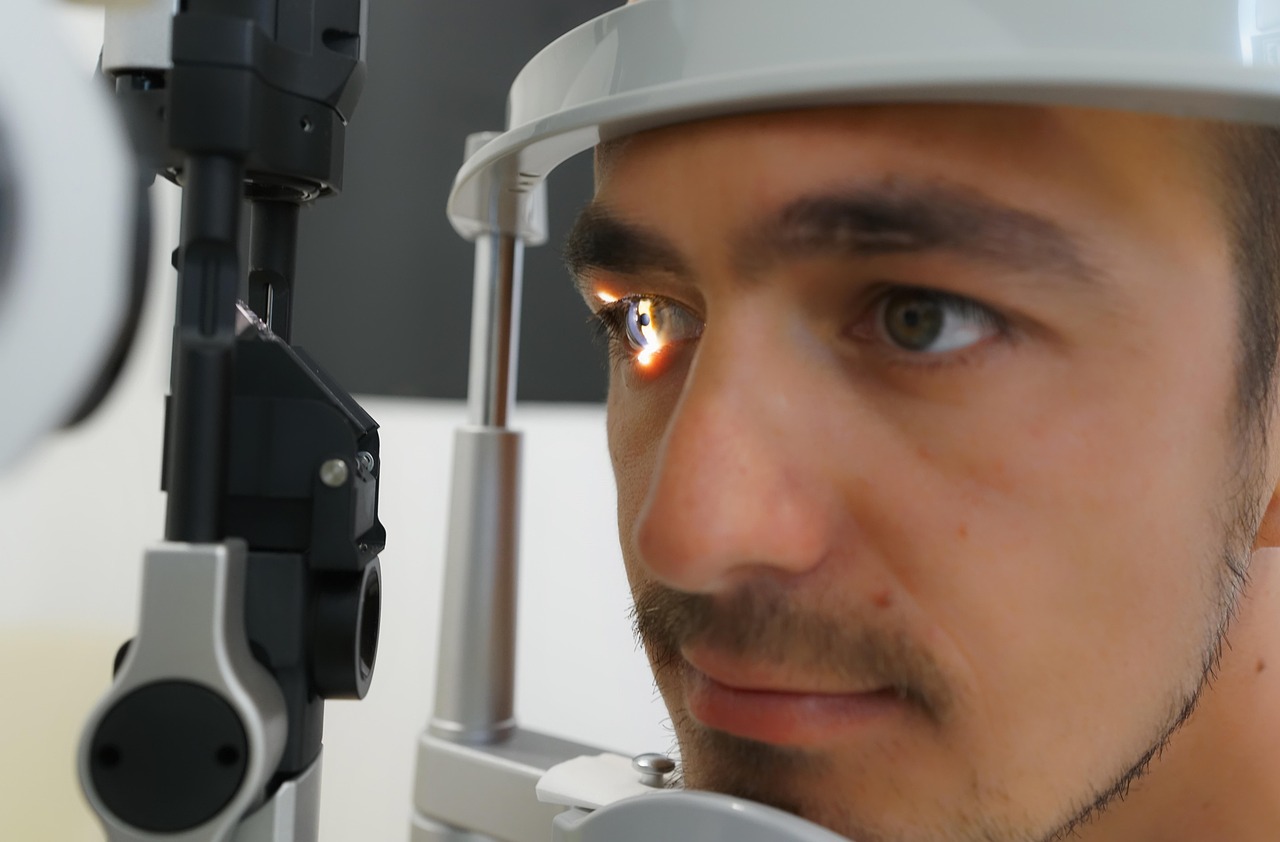22
May 2023
Science-Based Solutions For Treating Infertility That You Should Try
Published in Travel Tips on May 22, 2023

Infertility is a complex and emotionally challenging issue that affects millions of couples worldwide. The inability to conceive can be attributed to various factors, such as hormonal imbalances, structural abnormalities, genetic disorders, or reproductive health issues. Fortunately, advancements in scientific research and medical technology have paved the way for innovative solutions to address infertility. In the text below, we’ll explore several science-based treatments that offer hope and promise for couples struggling with infertility.
In vitro fertilization (IVF)
In vitro fertilization, commonly known as IVF, has revolutionized the field of reproductive medicine. IVF involves the retrieval of mature eggs from a woman's ovaries, which are then fertilized with sperm in a laboratory setting. The resulting embryos are monitored for a few days before being transferred to the woman's uterus. IVF has a high success rate and offers the possibility of genetic screening and selection to minimize the risk of passing on hereditary diseases.
The establishment of a global IVF network has played a pivotal role in advancing infertility treatments worldwide. This network connects fertility specialists, researchers, and clinics across different countries, fostering collaboration and knowledge exchange. Through the global IVF network, medical professionals can share best practices, research findings, and innovative techniques, leading to improved outcomes for patients. The network also enables couples to access cutting-edge treatments and expertise from around the world, expanding their options and increasing the likelihood of successful pregnancies.
Intracytoplasmic sperm injection (ICSI)
ICSI is a specialized form of IVF that addresses male infertility caused by low sperm count or poor sperm motility. In this procedure, a single sperm is directly injected into an egg using a microneedle. ICSI increases the chances of successful fertilization, even when conventional IVF techniques may not be effective. It is particularly beneficial for couples who have experienced previous failed fertilization attempts.
Preimplantation genetic testing (PGT)
PGT is a breakthrough technology that allows for the genetic screening of embryos before they are transferred into the uterus during IVF. This screening process helps identify embryos with chromosomal abnormalities, genetic disorders, or gender-related conditions. PGT can significantly reduce the risk of passing on inheritable diseases and increase the chances of a successful pregnancy. It provides couples with vital information to make informed decisions about embryo selection and family planning.
Cryopreservation of gametes and embryos
Cryopreservation, or freezing, of eggs, sperm, or embryos has emerged as a valuable tool in infertility treatment. This technique enables couples to preserve their reproductive cells for future use, allowing them to pursue fertility treatments without the constraints of age or other time-related factors. Cryopreservation is particularly beneficial for individuals undergoing cancer treatments that may compromise their fertility. It also provides an option for individuals who desire to delay childbearing for personal or professional reasons.
Infertility can be a distressing experience, but science-based solutions have brought renewed hope to couples struggling to conceive. Through techniques such as IVF, ICSI, PGT, cryopreservation, and various assisted reproductive technologies, medical advancements have significantly increased the chances of a successful pregnancy.









